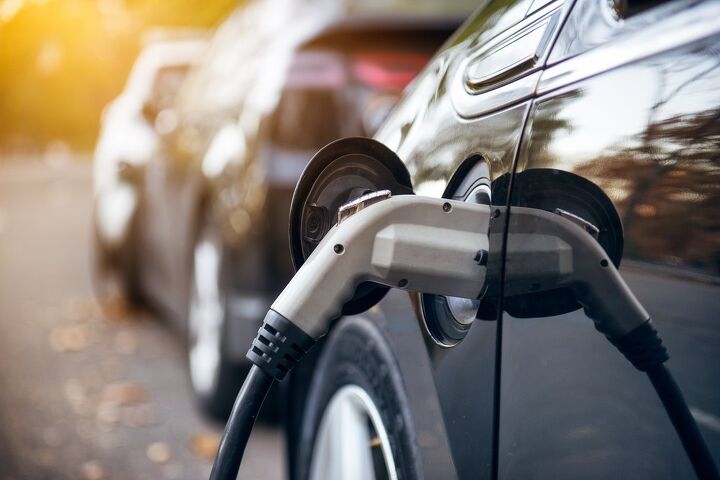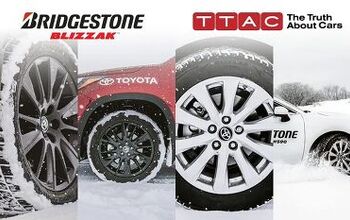Electric vs. Gasoline Cars: Uncovering the Real Climate Savior
Contrary to common misconceptions, electric vehicles (EVs) generally have a smaller carbon footprint compared to traditional gasoline cars. This advantage remains true even when considering the electricity utilized for charging EVs. One key distinction is that EVs produce no direct tailpipe emissions. However, the production of electricity for EV charging can result in carbon emissions, depending on the energy source.
The carbon pollution from electricity varies based on local energy production methods. For instance, electricity generated from coal or natural gas is associated with higher carbon emissions, while renewable sources like wind or solar energy contribute negligible carbon pollution. Despite the variance in electricity production methods, studies indicate that EVs are typically linked to lower greenhouse gas emissions than the average new gasoline vehicle.
The shift towards renewable energy sources further enhances the environmental benefits of EVs. As more renewable energy sources are integrated into the power grid, the overall greenhouse gas emissions associated with EVs can be further reduced. Notably, in 2020, renewable energy sources rose to become the second-most dominant source of electricity in the United States.
Tools to Measure Your EV's Environmental Impact
The Environmental Protection Agency (EPA) and the Department of Energy (DOE) offer valuable resources for assessing the environmental impact of EVs. The EPA's Power Profiler is an interactive tool that provides information about the electricity production mix in different regions. By entering a zip code, users can understand the specific energy sources powering their local area.
Additionally, the Beyond Tailpipe Emissions Calculator, developed by the EPA and DOE, is a user-friendly tool designed to estimate the greenhouse gas emissions from charging and driving an EV or a plug-in hybrid electric vehicle (PHEV). This tool allows users to select specific EV or PHEV models and input their zip code to compare the CO2 emissions from these vehicles with those from gasoline cars. These tools empower individuals to make informed decisions about the environmental impact of their transportation choices.
This article was co-written using AI and was then heavily edited and optimized by our editorial team.
More by TTAC Staff
Latest Car Reviews
Read moreLatest Product Reviews
Read moreRecent Comments
- Theflyersfan With sedans, especially, I wonder how many of those sales are to rental fleets. With the exception of the Civic and Accord, there are still rows of sedans mixed in with the RAV4s at every airport rental lot. I doubt the breakdown in sales is publicly published, so who knows... GM isn't out of the sedan business - Cadillac exists and I can't believe I'm typing this but they are actually decent - and I think they are making a huge mistake, especially if there's an extended oil price hike (cough...Iran...cough) and people want smaller and hybrids. But if one is only tied to the quarterly shareholder reports and not trends and the big picture, bad decisions like this get made.
- Wjtinfwb Not proud of what Stellantis is rolling out?
- Wjtinfwb Absolutely. But not incredibly high-tech, AWD, mega performance sedans with amazing styling and outrageous price tags. GM needs a new Impala and LeSabre. 6 passenger, comfortable, conservative, dead nuts reliable and inexpensive enough for a family guy making 70k a year or less to be able to afford. Ford should bring back the Fusion, modernized, maybe a bit bigger and give us that Hybrid option again. An updated Taurus, harkening back to the Gen 1 and updated version that easily hold 6, offer a huge trunk, elevated handling and ride and modest power that offers great fuel economy. Like the GM have a version that a working mom can afford. The last decade car makers have focused on building cars that American's want, but eliminated what they need. When a Ford Escape of Chevy Blazer can be optioned up to 50k, you've lost the plot.
- Willie If both nations were actually free market economies I would be totally opposed. The US is closer to being one, but China does a lot to prop up the sectors they want to dominate allowing them to sell WAY below cost, functionally dumping their goods in our market to destroy competition. I have seen this in my area recently with shrimp farmed by Chinese comglomerates being sold super cheap to push local producers (who have to live at US prices and obey US laws) out of business.China also has VERY lax safety and environmental laws which reduce costs greatly. It isn't an equal playing field, they don't play fair.
- Willie ~300,000 Camrys and ~200,000 Accords say there is still a market. My wife has a Camry and we have no desire for a payment on something that has worse fuel economy.


































Comments
Join the conversation